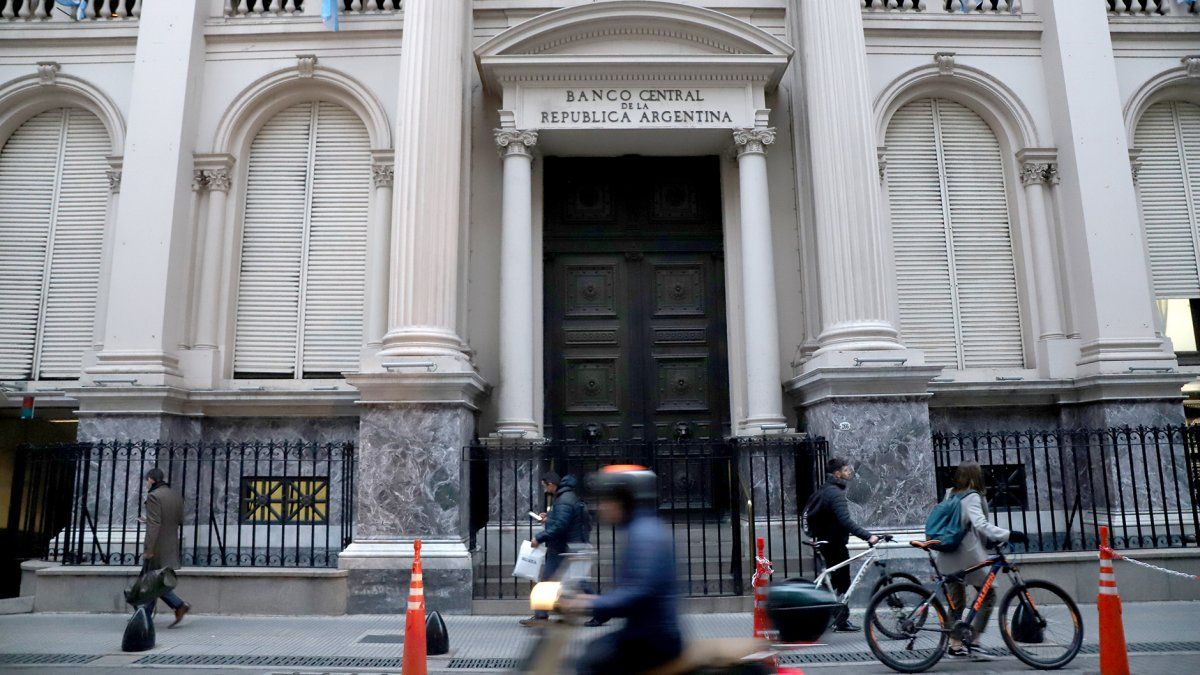“The Central of Electronic Invoices MiPyME Unpaid at Maturity will allow visualizing the payment behavior of large companies through various indicesgranting greater certainty of payment to the FCEM issued by medium and small supplier companies,” the BCRA said in a statement.
The MiPyME Electronic Credit Invoice works not only as a record of payments, but also as a financing instrument in the capital market, just as MiPyMEs do today with deferred payment checks, only that the FCEM has a lower cost of financing and greater advantages.
Some of the advantages are: as the holder of the debt is the large company, the negotiation of the FCEM carries a lower risk for the MiPyME (is not responsible for payment and does not face the risk of legal action in the event of non-compliance); does not consume credit quota (since it is not a debt of the issuer, it does not reduce the credit quota available to be received as a loan); and no collateral is needed to be negotiated.
Large companies also have advantages, since they can benefit financially by deferring the payment of tax withholdings according to the policy they adopt in relation to their suppliers.
“If the large company accepts the invoices, the withholdings must be entered after expiration, which generates substantial financial savings,” the BCRA recalled.
“From now on you will be able to consult all the FCEM issued by a large company and what level of payment compliance it had with previous invoices,” Hernán Visconti, CEO and Founder of BILL Group, a fintech dedicated to the operation with SMEs.
And he added: “This is very good because it gives transparency to the market and helps the MSMEs that want to negotiate them, since they are going to pay a better rate for less risky invoices and better compliance. It also helps the buyer because he also knows the instrument payment compliance scoring”.
He said, FCEMs are much more advantageous for their discount compared to deferred payment checksbecause “there is no risk in the event of non-payment” which “means that the SME is not responsible in the future and that it can be discounted without the need for a guarantee to obtain a competitive rate”.
In that sense, a 30-day unsecured check averaged an annual discount rate of 73.91% in the MAV in the last week of October, while for the FCEM it was 64.67%.
The number of Electronic Credit Invoices used by small and medium-sized companies as a tool to finance themselves grew by 34% on a monthly average in the last year, going from 410 invoices on a monthly average in 2021 to 550 invoices on a monthly average for 2022 (until August). Regarding the amounts negotiated, it increased by 137% on a monthly average ($3.4 billion), reaching $27.2 billion until August 2022.
For its part, from its validity -April 2021 to June 2022 inclusive-, approximately 1,300,000 FCEM passed to the SCA. In other words, 62% of the accepted FCEMs were made available in the home banking of small and medium-sized issuing companies for their management and collection through interbank clearing.
Source: Ambito
David William is a talented author who has made a name for himself in the world of writing. He is a professional author who writes on a wide range of topics, from general interest to opinion news. David is currently working as a writer at 24 hours worlds where he brings his unique perspective and in-depth research to his articles, making them both informative and engaging.




